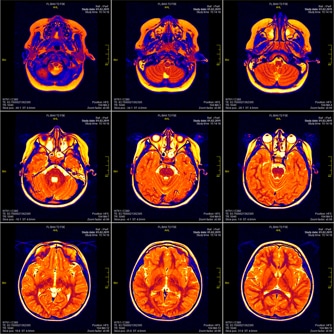There has been a lot of research investigating what goes wrong in the brains of older people with dementia, but almost no research doing the same for elderly people whose memory is still as sharp as it was decades earlier. To remedy this Emily Rogalski, assistant research professor at the Cognitive Neurology and Alzheimer’s Disease Center at Northwestern University Feinberg School of Medicine, and colleagues set about studying 3D-MRI scans of 12 so-called SuperAgers – people aged 80 and over with episodic memory performance at least as good as those aged 50-65. Results showed that the cerebral cortex of the SuperAgers was significantly thicker than that of their healthy age-matched peers, and that it closely resembled the cortex size of participants ages 50 to 65. Furthermore, a specific region of the cortex was significantly thicker in the SuperAgers than in both elderly and middle-aged controls. “These findings are remarkable given the fact that grey matter or brain cell loss is a common part of normal aging,” said Rogalski. The authors concluded: “Our findings identify cognitive and neuroanatomical features of a cohort that appears to resist average age-related changes of memory capacity and cortical volume. A better understanding of the underlying factors promoting this potential trajectory of unusually successful aging may provide insight for preventing age-related cognitive impairments or the more severe changes associated with Alzheimer’s disease.”
Study Reveals Secrets of ‘Cognitive SuperAgers’ Brains
Harrison TM, Weintraub S, Mesulam MM, Rogalski E. Superior memory and higher cortical volumes in unusually successful cognitive aging. Journal of the International Neuropsychological Society. August 16, 2012.
RELATED ARTICLES




